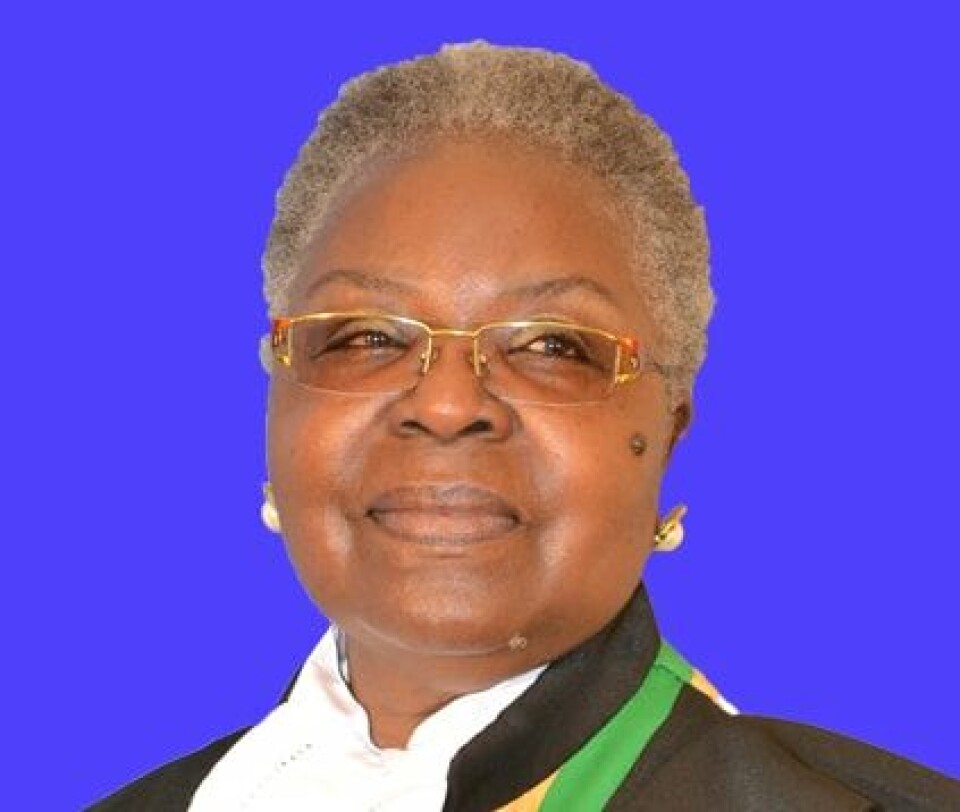Copyright : Re-publication of this article is authorised only in the following circumstances; the writer and Africa Legal are both recognised as the author and the website address www.africa-legal.com and original article link are back linked. Re-publication without both must be preauthorised by contacting editor@africa-legal.com
Africa’s Top Constitutional Law Minds Gather in Botswana

Conference brings courts’ role in democracy into sharp focus
Lawyers from across Africa are to meet in Botswana in October to take stock of how a strong constitution can impact a nation and the role lawyers are playing in upholding democracy and protecting the vulnerable in Africa.
The conference, from October 11 to 13, is being organised by the African Network of Constitutional Lawyers (ANCL), in collaboration with the Department of Law at the University of Botswana, International IDEA and Konrad Adenauer Stiftung
The ANCL is based at the University of Cape Town and is co-ordinated by a secretariat within the Democratic Governance and Rights Unit (DGRU).
The theme of the biennial event is “Courts, Power and Constitutional Law in Africa” with the programme featuring a who’s who of names working in constitutional law on the continent.
The call for papers highlighted how the introduction of constitutional courts or special tribunals in Africa has reached its highest point ever. This has meant that the courts are taking a central role in defining key relationships between a state, civil society and citizens. Key to this is guaranteeing the separation of powers and protecting individual rights.
The opening session will be chaired by Professor Enyinna Nwauche, the chair of the coordinating Committee of the ANCL. Prof Nwauche has written extensively on constitutional law and human rights in Africa. He is currently the head of the department of private law at the University of Fort Hare in South Africa and has published extensively on constitutional issues in Africa. Professor David Bilchitz, the secretary general of the International Association of Constitutional Lawyers (IACL), will represent the President of the IACL at the conference.
Keynote speakers will include Terence Rannowane, the Chief Justice of Botswana, Keboitse Machangana, director of Global Programmes for the International Institute for Democracy and Electoral Assistance and Dr Arne Wulff, director of the Rule of Law Programme for Sub-Saharan Africa from the Konrad-Adenauer Stiftung.
Other high profile speakers are Kenyan lawyer and politician Dr Ekuru Aukot; Professor Theodore Holo, the former president of the Constitutional Court of Benin; Professor Daniele Darlan, president of Constitutional Court of the Central African Republic; and Lady Justice Tujilane Rose Chizumila, judge of the African Court on Human and Peoples’ Rights and several other law professors across the continent and beyond
South Africa-based conference organiser, Dr Elvis Fokala, said the conference would be a platform for African lawyers and academics with an interest in constitutional law, democracy, human rights, governance, and generally, rule of law in Africa, to share their experiences. Further, practical discussions will include how to use constitutional law to develop access to rights. Conference participants will be afforded an opportunity to focus on specific areas based on their own perspective and national experiences.
“Lawyers lay the foundations for justice and, because of this, they play an essential role in ensuring the strengthening of democracy. In Africa, where democracies are young, judicial support for a country’s constitution becomes even more critical,” Dr Fokala said.
Professor Maripe Bugalo, the chair of the Local Organising Committee at the University of Botswana, said the Department of Law at the university was delighted to be hosting so many of the great judicial minds of Africa in Gaborone. After Gaborone, the next biennial conference will be held in Kenya in 2020 and will be hosted by the School of Law at the University of Nairobi.
Note to editors:
The DGRU is the proud host of the secretariat of the ANCL. The DGRU is a research unit based at the University of Cape Town in South Africa. Its mission statement is to work towards a “socially just Africa, where equality and constitutional democracy are upheld by progressive and accountable legal systems, enforced by independent and transformative judiciaries, anchored by a strong rule of law”.
